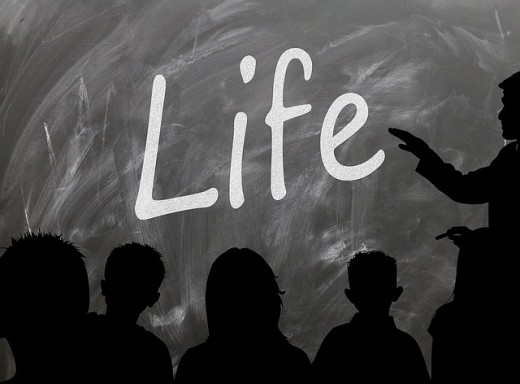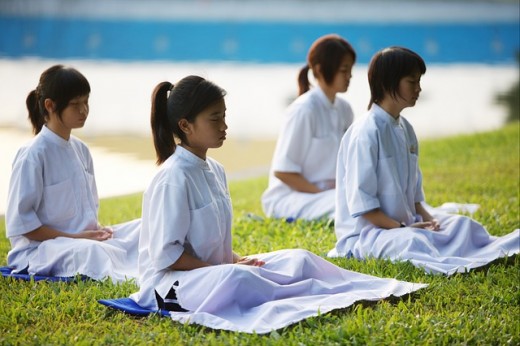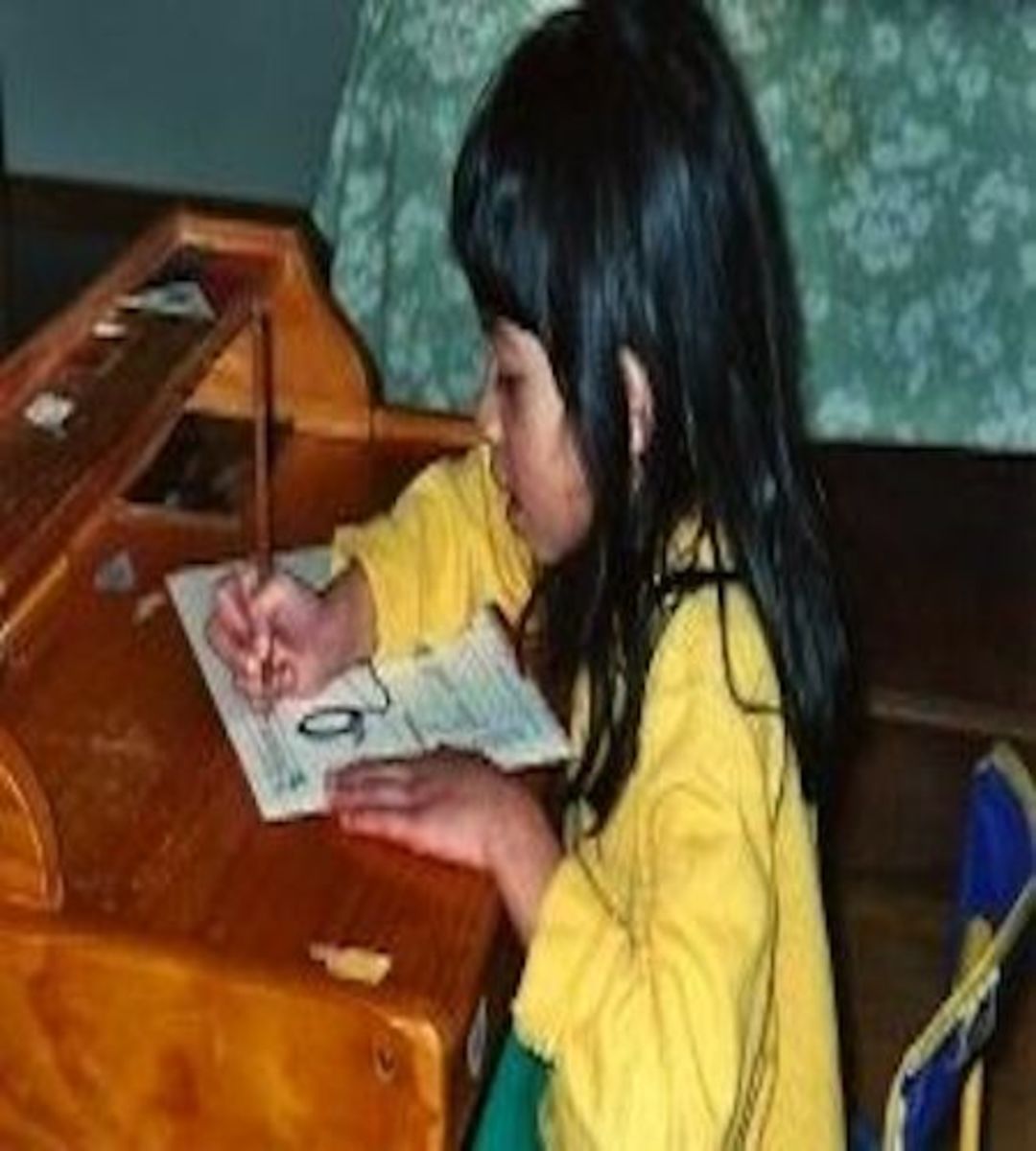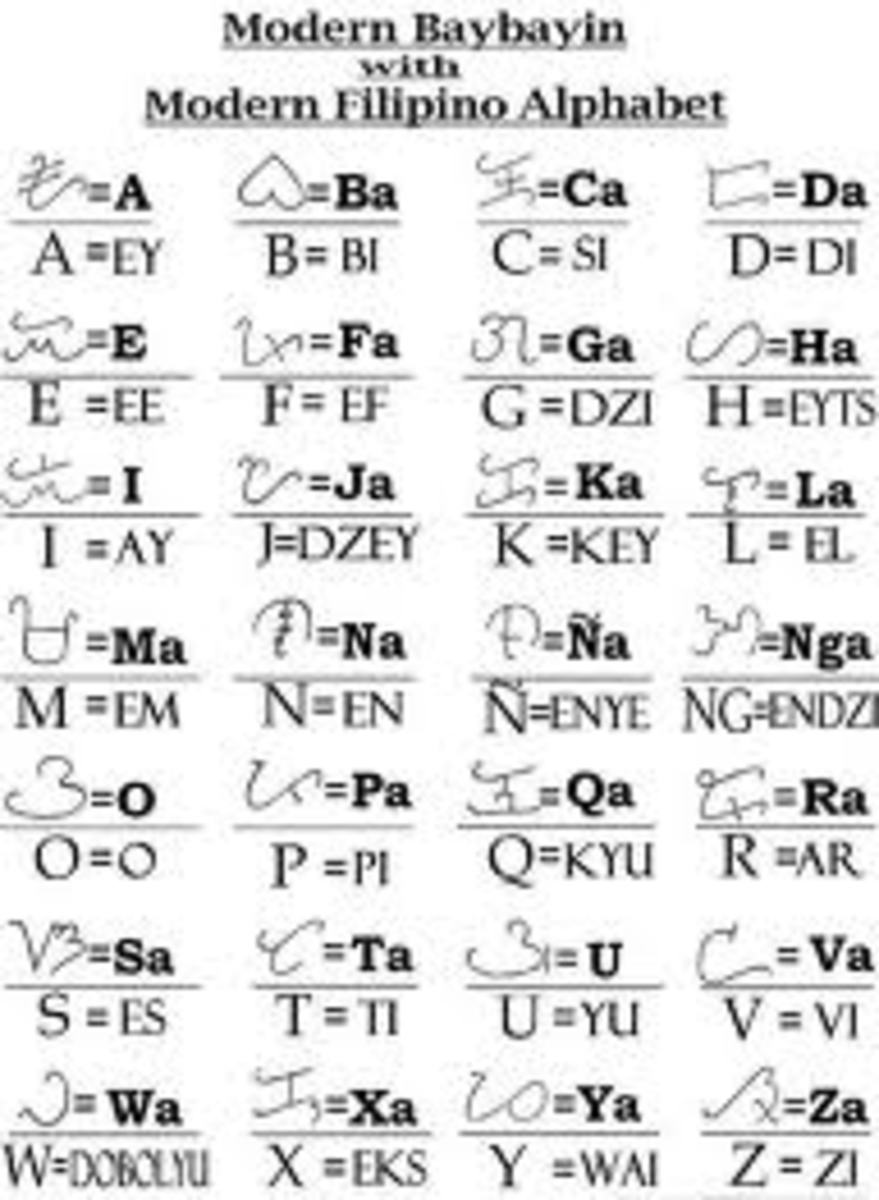The Responsibility of Education

When I was at school, I was a poor scholar; not because I lacked intelligence, but because I used to ‘switch off.’ I would rather 'day-dream,' looking out of the window than have to learn something that I knew I’d never need later on in life. Does anyone seriously need to know algebra or logarithms, for example? These are really specialist subjects for the person who has shown an aptitude and an interest in mathematics. Most of us will never need to use this kind of math in everyday life.
Even at my junior school I questioned the wisdom of teaching children subjects that they were very unlikely to need to know about in later life. So much time was wasted when we were taught ‘music’ from an ancient old woman who sat singing ridiculous old fashioned songs bashing the tune out on a piano. We were expected to dance to this awful interpretation of music, and I still don’t see what we ever learned from it. It didn't even seem to serve us much at the social interaction level.
Misbehaviour?
Looking at the world as it stands today, it appears that values and morals are almost non-existent. The amount of sexual perversion on the internet, the rudeness that is evident almost everywhere, and the ‘cyber-bullying’ of many individuals, hiding behind the safety of their computers from which they launch insults, are just some examples of the low level that people have sunk to.
So where does all this misbehaviour come from? I would say that it stems back to the earliest days at school. Those formative years are crucial for personal development, shaping fundamentally how the child will perceive the world, and consequently how that child will interact or react to it later on in life. I do not record experiencing a single class that covered behaviour, decency, human integrity or morals in all my years at school. If we even approached standards of good conduct, it was invariably from a ‘religious education’ standpoint and not from a broader humanistic one. Therefore, for many children, ‘morals’ and good behaviour had religious connotations rather than recognising that these were important values that build a good society, regardless of beliefs.
Values
Plato speaks at length about what constitutes a ‘good man’ in his dialogues, and the basic conclusion of what makes a good person in Plato's final analysis is one who does his or her duty. I don’t recall that we were ever taught about ‘duty’ at school, in any shape or form. Instead, we were taught to remember where Outer Mongolia was, or how the dam worked on the Zuider zee or some other innocuous piece of information that would have no direct bearing upon our lives in the greater world beyond school.
Why have we never had a lesson plan that would engage pupils in open discussion, from the earliest ages, on the ‘values’ of life, and the ‘qualities’ that make a good person as part of a healthy society? I would envisage a teacher setting the question to the class, with a show of hands, “What qualities make a good person?” The teacher could pick a raised hand, and say, Gill says, “Kindness” to which the teacher and other pupils give examples of what ‘kindness’ means. Maybe a pupil presents a story of a local person who rescued a cat from a tree, another pupil offers a parent giving a generous gift to someone. A dialogue would go around the classroom, discussing in this way, traits such as ‘courage,' ‘gentleness,' ‘honesty’ and examine these qualities in practical application so that they are fully understood. This could form the basis of inspiring the children to become the qualities that they are talking about. In High School or College this discussion might take on a more philosophic turn of course. The concept that Gandhi proposed to "be the change that you want to see in the world" would be formulated within the pupils' consciousness.
If children were taught from their earliest years that the most important things in life are our human and humanitarian qualities, then I believe we could produce a better society. Instead of such discussions being ‘optional’ or chosen later in college, they would be part of the National School Curriculum.

A New Curriculum
Learning by rote will only work for some subjects, like the Times Table; this is fine in essence, but it should not be the pivotal method to produce good students. A good student is developed by what he or she discovers from within him or herself. The child learns early on to know what values and principles are, and how they shape human society. The child learns to think when faced with situations rather than to react inappropriately. Don’t forget, that many children have not been set any kind of good example in the home, either from parents, step-parents, grandparents or siblings. It is the duty of the school system to rectify what is not taking place at home.
It is one thing to learn Maths, History, English, Geography, Sport etc, but if there are no corresponding values instilled in the pupils then all that is produced are amoral adults with some ‘education’ like icing covering a cake of mud. We are in danger of producing 'educated' individuals with no values, morals or principles.
A Failed System
The world we see around us, with all its selfishness and cruelty, is a direct result of what children learn in their formative years, and makes them into the adults they are. It is the duty of the school system to educate children so that they aspire to being better individuals, not just smart individuals. Has anyone ever received an award for being unselfish? But they can get a Maths Degree without a hint of decency being demonstrated.
I believe that it is well past time to change the school system, so that it encourages and actively teaches manners, courtesy, kindness, respect for others, including animals, unselfishness, and paying compliments. These are fundamental to good learning, not adjuncts that one has to develop later in life to get what you want. They should be part and parcel of the School Curricula in every country.
Children are not taught how to find their own personal gifts, they are not given play-acting scenarios in which they can learn how to control their emotions and responses to others. Communication skills simply do not exist, and they have to fumble their way through life, without any adult guidance. 'Bad' behaviour is punished, instead of seeking the answer to why a child is acting a certain way. Are there problems at home that the child is being exposed to which are influencing that behaviour? Children are fed junk food in their own school, and there is little or no education at all on eating healthy foods and learning to appreciate them and to grow them. Children are not taught how to be self-aware, as in concentration exercises, using techniques from the Yoga system and Meditation for example. I have been an advocate for these to be fundamental in the school system for many years now, and the few schools that are slowly incorporating Yoga and Meditation techniques are very much in the minority at the time of my writing.

Moulding the child
If we wonder why there are so many underlying problems with modern society, we must re-examine the methods of teaching that take place in millions of schools throughout the world. It is the school system which in large part, shapes the adults of tomorrow. It is also true that many poor countries do not have proper schools, and of course education is fundamentally important to the children of those countries, but it still needs the balance of learning that comes from knowing how to conduct oneself in the world beyond the classroom.
It is in that world, outside of school, where our real growth continues, and if school has not prepared us for it, we end up as misfits without values, marrying and divorcing just as easily, having children we cannot afford to raise. And so the vicious cycle continues. It is the DUTY of the school system to ensure that children are educated in School of Life values and carry those values into their adult years with confidence and the qualities of a true human being.
It is high time to dramatically change the emphasis in the school system and focus on what constitutes a 'good' person.
The following link may prove to be inspirational to you, especially if you work in the school system yourself.
Teacher creates "Gentleman's Club" to teach life lessons to boys ..








